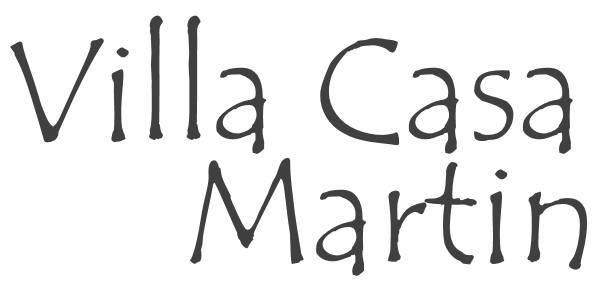Las Cuevas de Nerja
Las Cuevas de Nerja (the Caves of Nerja) are a series of naturally formed caves and caverns in the hills of Maro, 4km North-East of Nerja, some of which have taken up to two million years to form. The caves contain the widest naturally-formed column in the world, at 32m high and 13m x 7m at its base. Formed by the merging of a stalagmite and stalactite, it has held the Guinness World Record since 1989. The caves also famously host the annual Nerja International Festival of Music and Dance. A visit to these caves is a truly unique experience. In 2010 the caves were the most visited attraction in Málaga province.
The site is steeped in both geological and archaeological interest; cave paintings depict images of goats, horses, deer, seals and birds, drawn using red and black pigments. The images have been dated between at 25,000 and 3,600 B.C.
The Nerja caves were used by many different tribes including: hunters, fishermen and harvesters, from the Neolithic to Paleolithic period, and the Bronze Age. For this reason, these caves are one of the major references for the study of prehistory in the southern Iberian Peninsula.
The discovery of Las Cuevas de Nerja revolutionized Nerja, converting this agricultural and fishing town into one of the most popular tourist destinations in Andalucía.
Advice for visitors
- The chambers are joined by a series of tunnels, bridges and pathways, and the journey around the caves involves a lot of steps and slopes, so be wary of taking small children or those who may have trouble walking and climbing.
- The entrance is quite narrow and so is not recommended if you suffer from claustrophobia.
- Flash photography is not permitted, but your photo is taken on entry and is available for purchase at the exit.
- It is cold in the caverns so a jumper or jacket is advisable.
- There is a lot of walking so wear sensible footwear.
- With the exception of July and August the caves are closed between 14:00 and 16:00
Timetable
| 1st Jan and 15th May | Closed |
|---|---|
| July and August; | 10:00 – 19:30 |
| Sept – June | 10:00 – 14:00 and 16:00 – 18:30 |
| Festive week | 10:00 – 18:00 |
